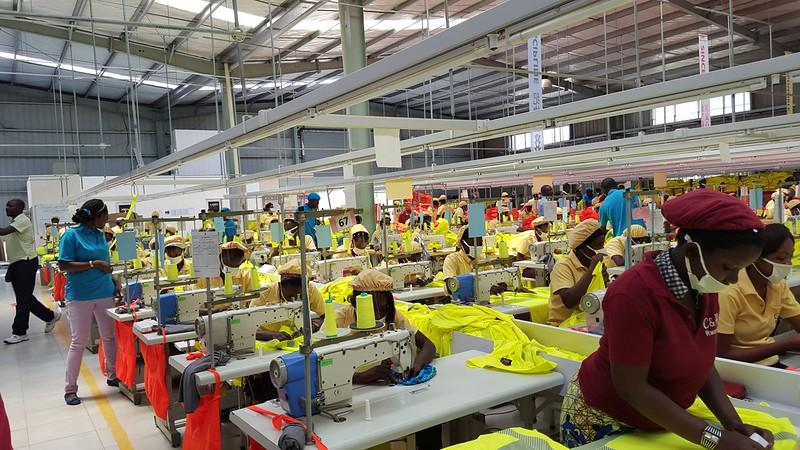- عربي
- 中文
- English
- Français
- Русский
- Español
- Home
- Support for LDC graduation (Gradjet)
- How to prepare for graduation
- Stakeholder consultation in preparation for graduation
Stakeholder consultation in preparation for graduation
Stakeholder consultation is important given that that graduation will affect the long-term outlook for businesses and people. The views of companies that stand to lose need to be taken into account to safeguard jobs and wages. If an NGO operating in a rural area stands to lose aid as a donor pulls out, then its operations may need to be supported. The budget of certain Ministries may be affected by the loss of travel assistance to UN meetings, and the needs of that Ministry may need to be accommodated.
Consultations can be between government agencies (i.e. line ministries and specialized agencies like customs); with the representatives of interest groups (e.g. trade unions, associations of entrepreneurs), civil society and representatives from the population most affected; and/or with the broader public. Development and trade partners can also bring important analytical and policy insights. See here for examples of institutional structures to ensure coordination and stakeholder involvement in the preparation for graduation.
Examples of stakeholders to consult:
- Government and governmental organizations
- Line ministries: Ministry of Trade, Ministry of Industry, Ministry of Economy / Finance, Ministry of Agriculture, Ministry of Planning and Ministry of Foreign Affairs
- Specialized agencies: Customs Agency, Export Credit Agencies, Investment Promotion Agencies, National Statistical Office, Central Bank, National and Regional Development Banks and Authorities, Antitrust Agencies
- Special committees: Trade facilitation committee, Aid for Trade committee
- Business: national business association, sectoral business associations, small and medium enterprises business associations, associations of artisans and traders, chambers of commerce, export associations, representative entrepreneurs
- Trade unions: confederation of trade unions, main trade unions, women workers association, association/cooperatives of workers
- Development and trade partners
- Civil society: Non-governmental organizations (NGOs), including environmental NGOs, associations of NGOs, women and sub-population groups’ associations, independent think tanks, universities, national and local media.
Stakeholder consultation tools, for reference (these do not refer specifically to graduation):
- Stakeholder Engagement and the 2030 Agenda: A Practical Guide .:. Sustainable Development Knowledge Platform (un.org) (UNDESA and UNITAR, 2020)
- Aid for Trade and Human Development: A Guide to Conducting Aid for Trade Needs Assessments Exercises, UNDP
- Handbook on Stakeholder Consultation and Participation In African Development Bank Operations, published by the African Development Bank
- The European Union Stakeholder Consultation Tools (PDF) within the EU's Better Regulation Guidelines

Photo UNIDO

